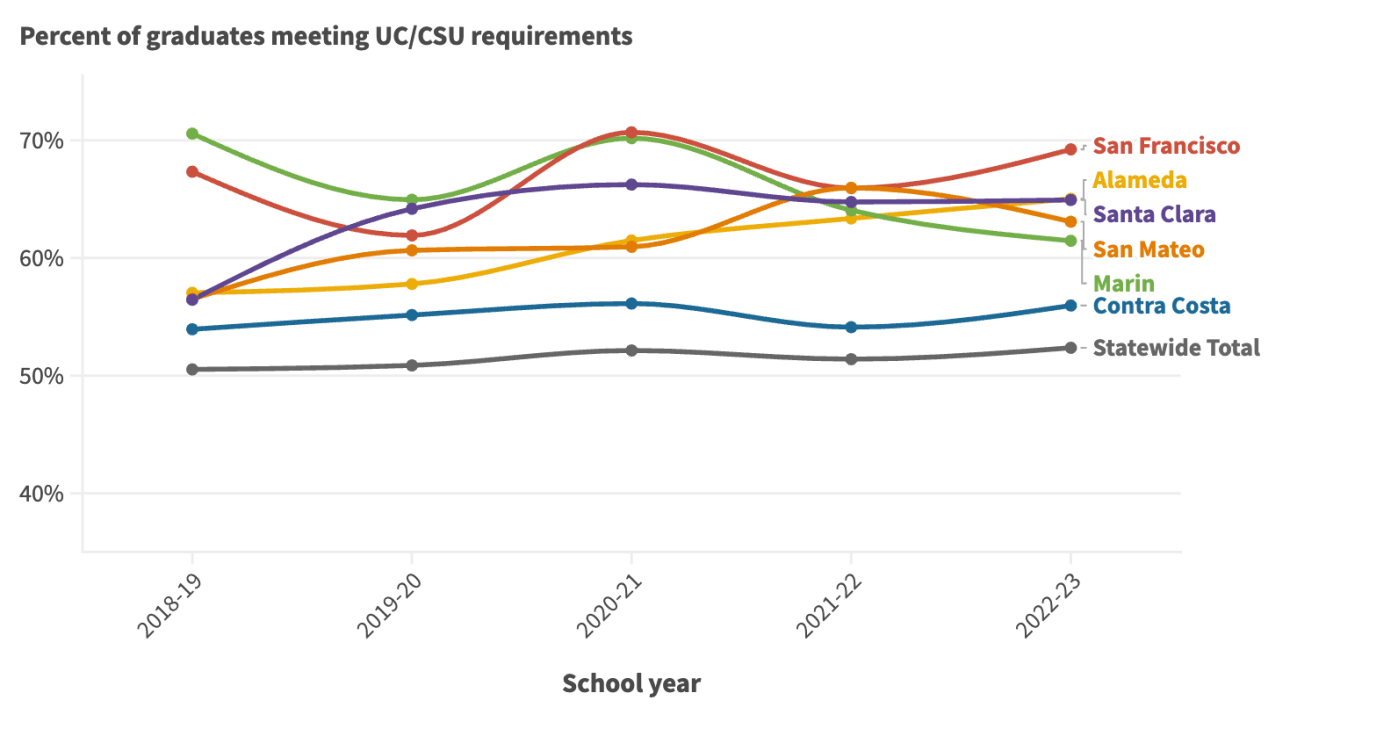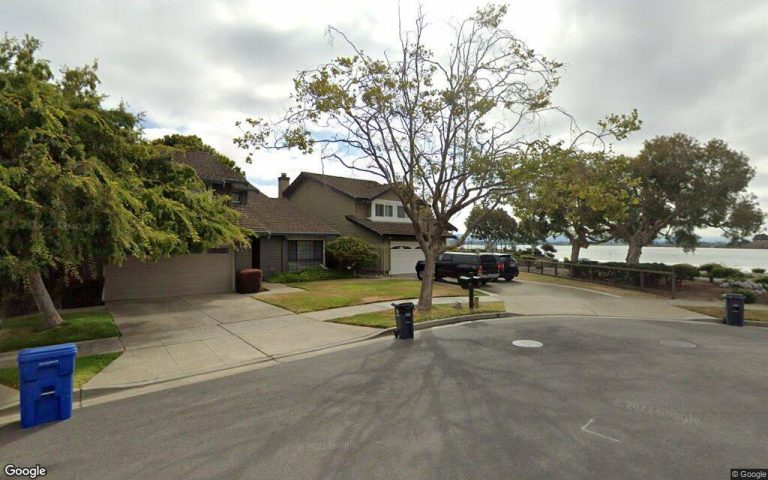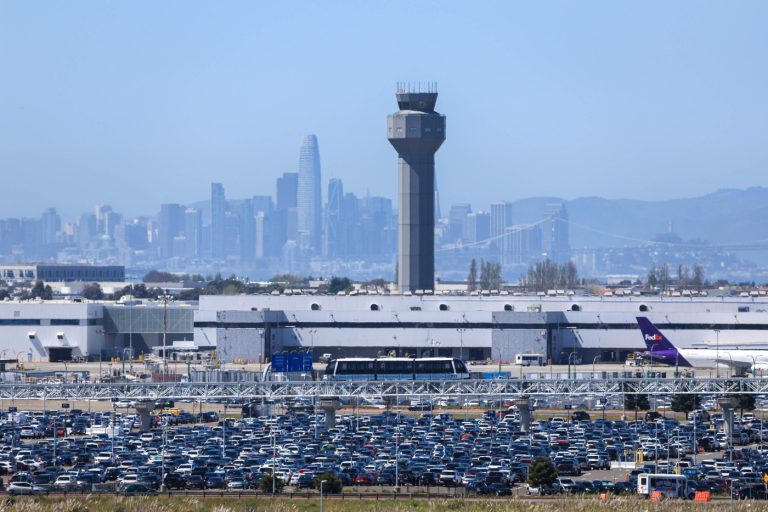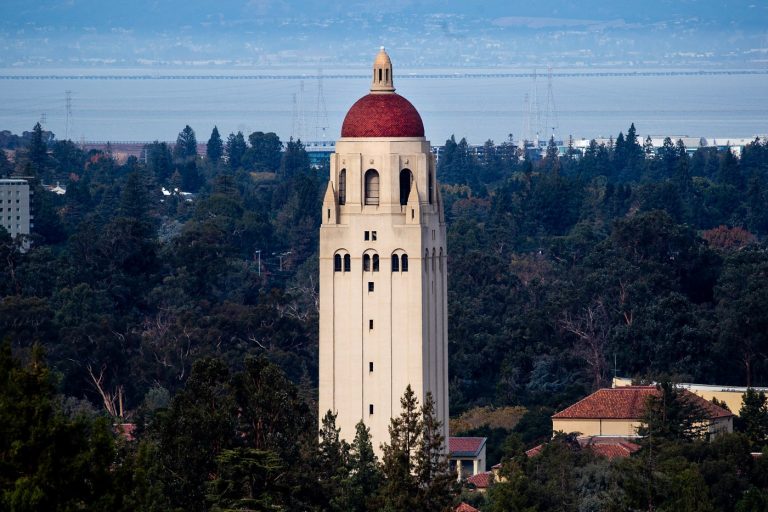‘Tis the season of caps and gowns, and high school seniors preparing for life after they get their diplomas and flip their tassels. In one surprising part of the Bay Area, fewer students are eligible to head for some of the Golden State’s best universities.
In Marin County, a smaller portion of graduating seniors now meet the qualifications for enrollment at California’s prestigious University of California and California State University systems than their predecessors who graduated in 2019.
Over the course of four years, Marin County went from boasting the highest percentage of qualified seniors of any Bay Area county to placing fifth out of six for 2023 graduates, according to county-level data from the California Department of Education.
The UC and CSU systems have minimum curriculum requirements for enrollment as a freshman, called the A-G requirements, on top of regular high school graduation requirements. This means not all graduating seniors qualify to apply.
Around the Golden State, the percent of graduating seniors who would be qualified to enroll in public universities has grown slightly from 50.5% for 2019 graduates to 52.4% for 2023 graduates, according to data published by the California Department of Education. Data for this year’s graduates, the class of 2024, will be released at the end of the year.
Since the class of 2019, every Bay Area county has seen an increase in the proportion of students who meet the minimum standards, except for Marin, which has seen a drop of nearly 10 percentage points from 70.6% for 2019 graduates to 61.5% for last year’s graduates.
John Carroll, the Marin County Superintendent of Schools, was surprised to hear about the drop.
“In terms of education, we’re at the top of the state, normally,” he said. At first blush his office thinks the decline might have to do with the 2023 cohort missing more critical instruction time during the height of COVID than their predecessors. But he acknowledged that doesn’t explain Marin County’s drop compared to other Bay Area counties.
Ultimately, Carroll said, “There’s not enough room for everybody in these state schools, but I just think we could open the doors a lot wider.” And that’s something the state legislature has been pushing for in recent years too, demanding the UC system increase enrollment rates of California residents. About a third of graduating seniors in California are headed to the state’s four-year public universities.
Related Articles
Report: San Jose Unified school district ‘adrift’ amid poor leadership
Letters: Ethnic studies | Oakland’s problems | Fix transit | Dishonoring flag
‘Not illegal to teach drunk’: No charges for 2nd-grade teacher at Northern California school
With pistol in hand, 10-year-old East Bay girl allegedly made video saying she’d go to school and ‘use it.’ Police raided her home
California-mandated ethnic studies sparks curriculum clash
“The level of competition at the UCs, and at Cal State now, it’s so outrageous that almost all of the students that I work with far exceeded the minimum requirements,” said Wei-Li Sun, a UC admissions expert Bay Area families hire to help their children get into the state’s top schools.
Ms. Sun, as her clients know her, said a bigger problem is the capacity of the UC system. About 42,000 of the UC system’s enrollees for the 2023-23 school year were California residents, representing just over 10% of the graduating seniors in the state that year.
While there are many factors at play in which students get accepted where, some basic data highlights high schools where students are better prepared for enrollment at state universities.
Search for any public Bay Area high school in the interactive table below to see the most recent graduation rates and the percentage of graduates who meet UC and CSU requirements:












